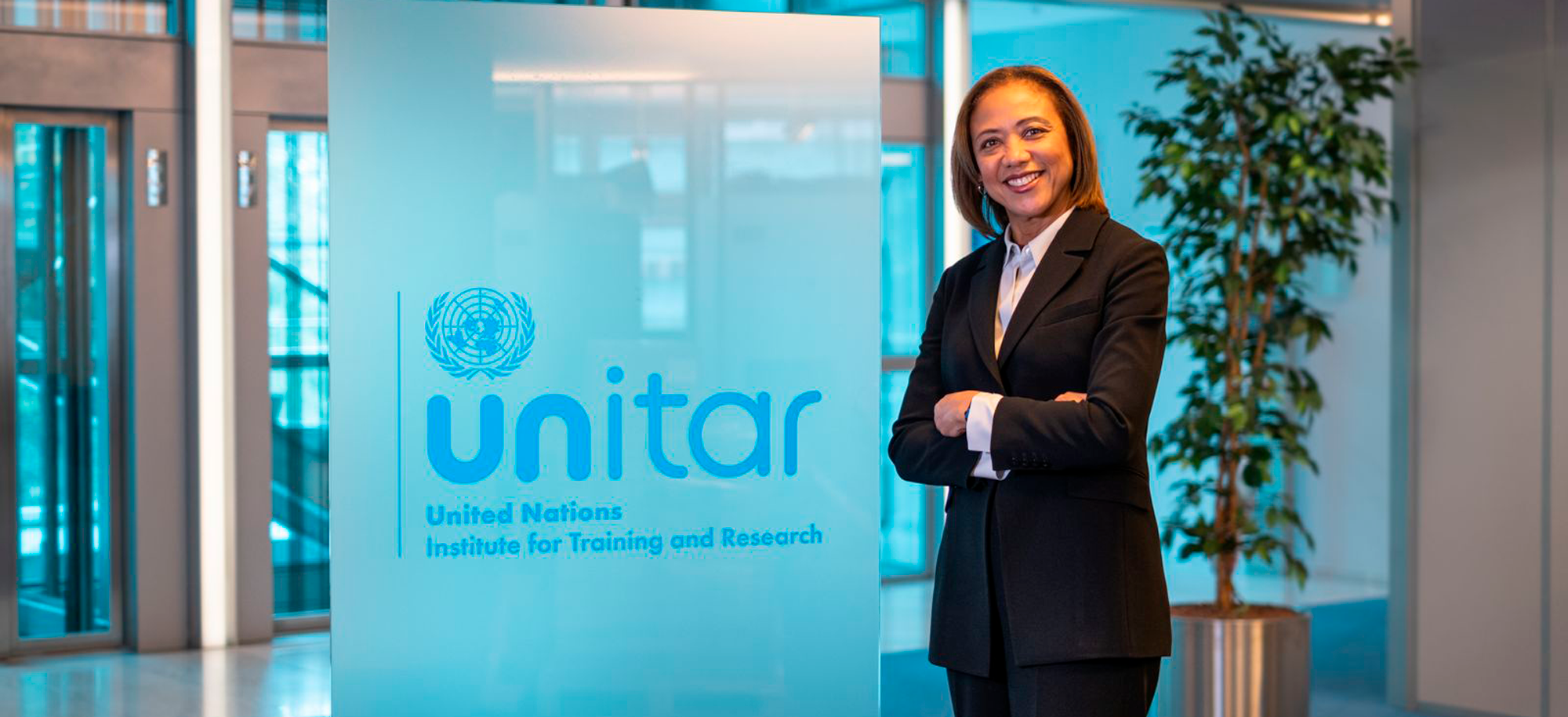
The Executive Director of UNITAR, Ms. Michelle Gyles-Mcdonnough, invites you to explore UGWA
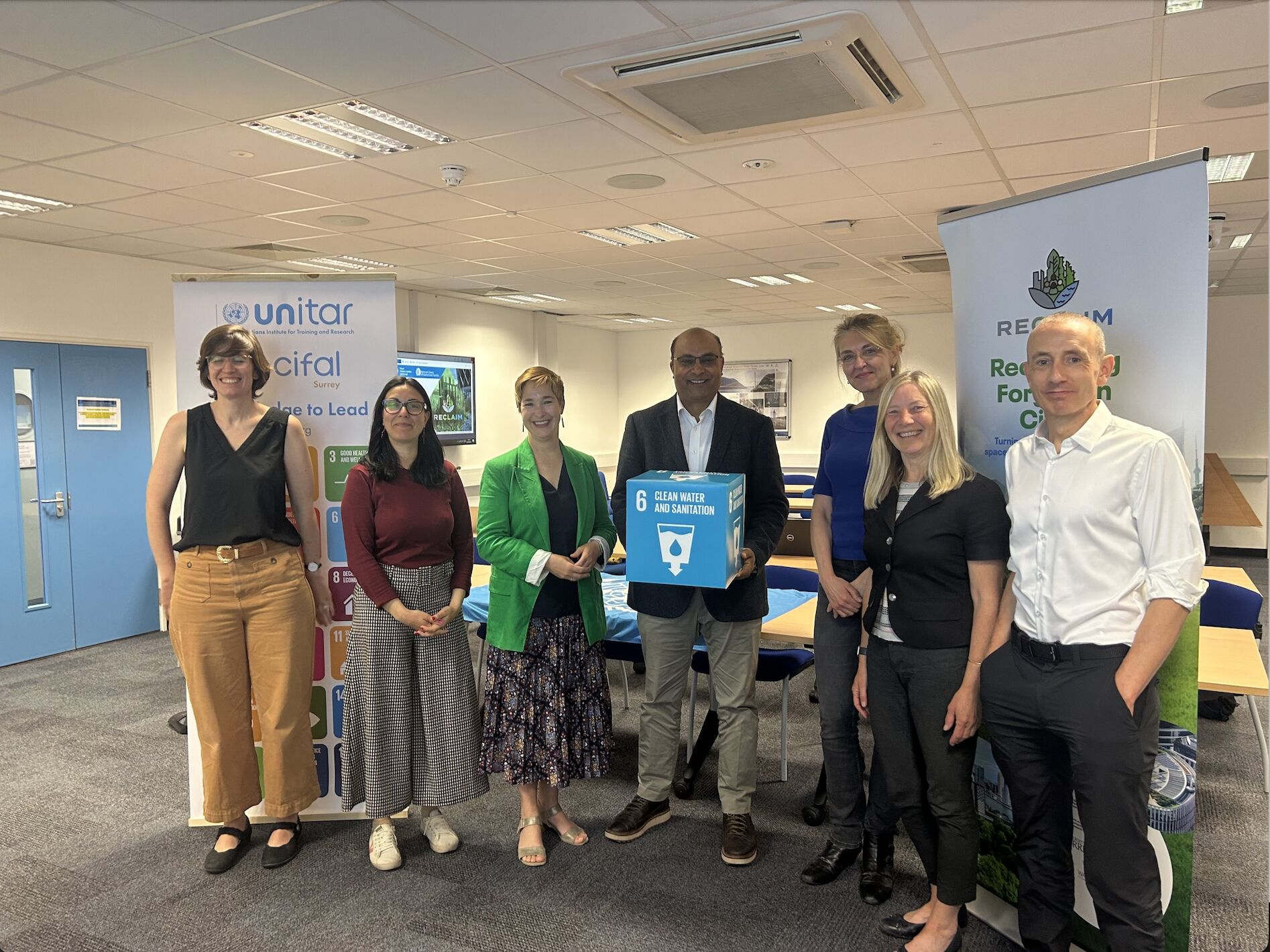
Streams of Change: Water, Food and Biodiversity. UNITAR Global Water Academy side event
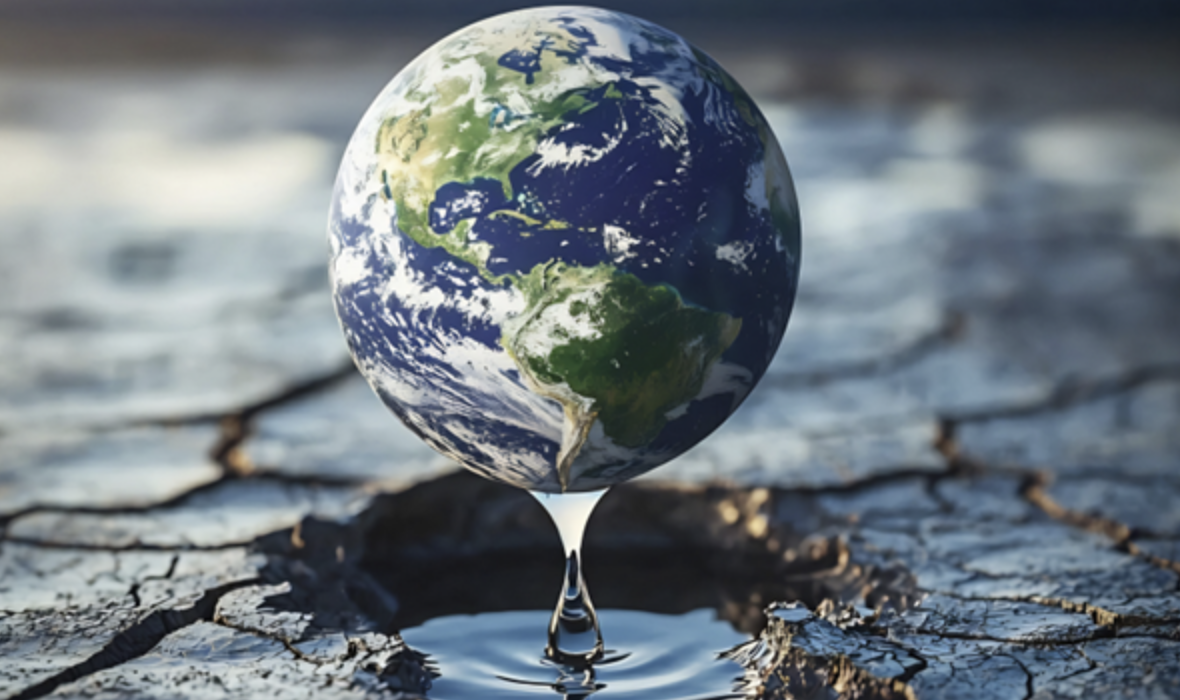
Streams of Change: Water Scarcity Solutions- Managing Drought Risks (Online Event)

UGWA Course on Introduction to Big Data for Water Sustainability
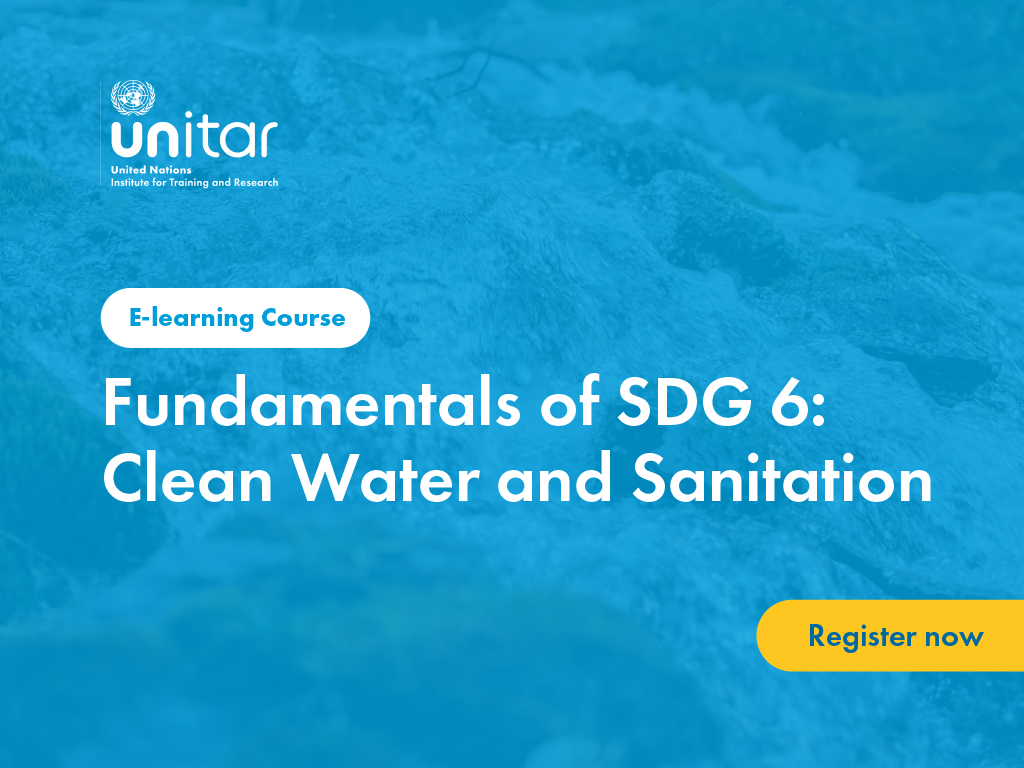
UGWA Release New Course on Fundamentals of SDG 6: Clean Water and Sanitation
UNITAR’s Global Water Academy (UGWA) is a multi-stakeholder collaboration involving academic institutions and private sector partners. UGWA addresses diverse dimensions of the global water sustainability crisis through training, capacity-building, research, and knowledge mobilization — ultimately aiming to inform decision-making and public policy. York University (Canada) serves as the Academic Lead for this initiative.
Mission Statement
The UNITAR Global Water Academy (UGWA) empowers learners all over the world with the knowledge and skills to respond to the global water sustainability crisis by providing hybrid training and online courses developed by global leaders in water research, resource management, and policy development; developing scientific and two-eyed water solutions to water sustainability; and by building the capacity and international partnerships necessary to achieve the objectives of UN Sustainable Development Goal 6.
The UGWA’s Vision:
The UGWA fosters training and capacity development, empower community-based networks, weave traditional knowledge, and co-create innovative sustainable water solutions to ensure equitable access to water for all. Through building community-based networks and co-creating innovative solutions, we aim to further develop a dialogue that contributes to identifying capacity gaps that hinder the effective implementation of SDG 6 targets
Latest events
Did you know?
Learn more about the need for learning on water sustainability crisis in our About Us section.
Selected highlights
Link to SDGs, how efforts to co-create innovative sustainable water solutions are linked to the achievement of the Agenda 2030.
Extreme weather events linked to climate change negatively impact water quality, quantity and sustainability for some of the world’s most vulnerable, but the United Nations (UN) and York University along with public and private sector global partners are working toward solutions through the UN’s Global Water Academy.
Watch the event recording now.
UNITAR at the UN SDG
Summit
Watch the event recording now.
Watch the event recording now.
Humanitarian responses to emerging water crises as a result of extreme climatic events
Watch the event recording now.
Extreme weather events linked to climate change negatively impact water quality, quantity and sustainability for some of the world’s most vulnerable, but the United Nations (UN) and York University along with public and private sector global partners are working toward solutions through the UN’s Global Water Academy.
Start learning today
This platform gathers information on online course offered by UN entities.
Quotes to remember
Quotes from World leaders on Water.
“World leaders now recognize that we face a global water crisis and that we need to reassess how we value and manage water,” said UN Secretary-General António Guterres. “The panel’s recommendations can help to safeguard water resources and make access to safe drinking water and improved sanitation a reality for all.” – pointing to the “Making Every Drop Count: An Agenda for Water Action”
“The ecosystems on which life itself is based – our food security, energy sustainability, public health, jobs, cities – are all at risk because of how water is managed today,” World Bank Group President Jim Yong Kim said. “The work of this panel took place at the level of heads of state and government because the world can no longer afford to take water for granted.”
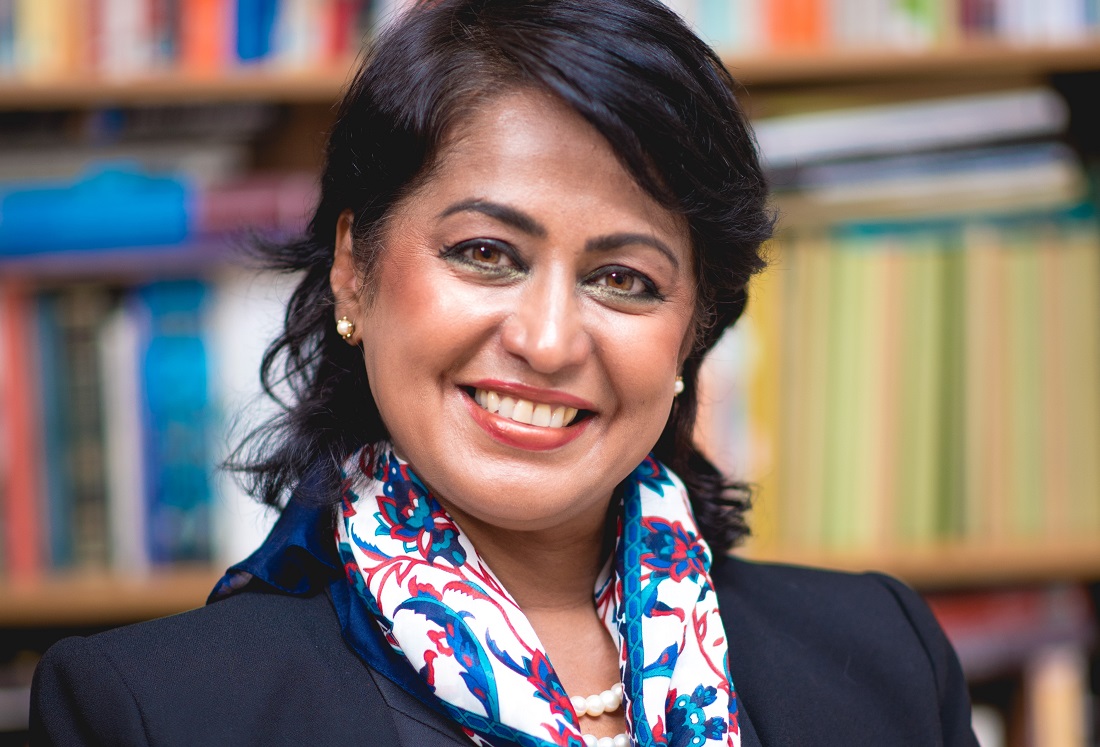
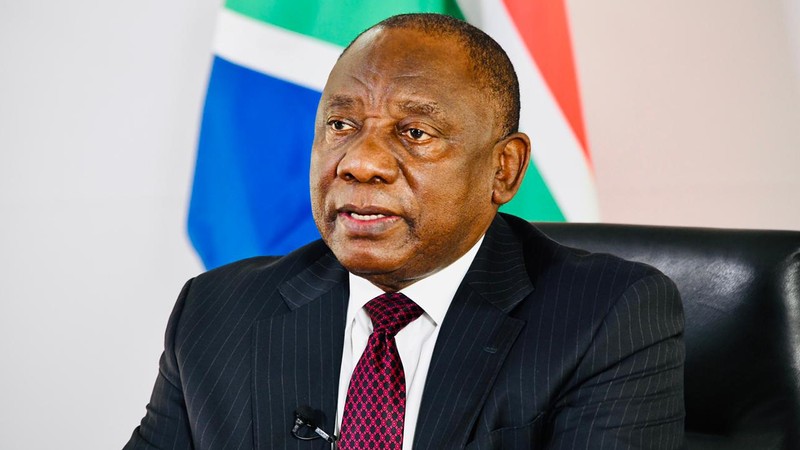
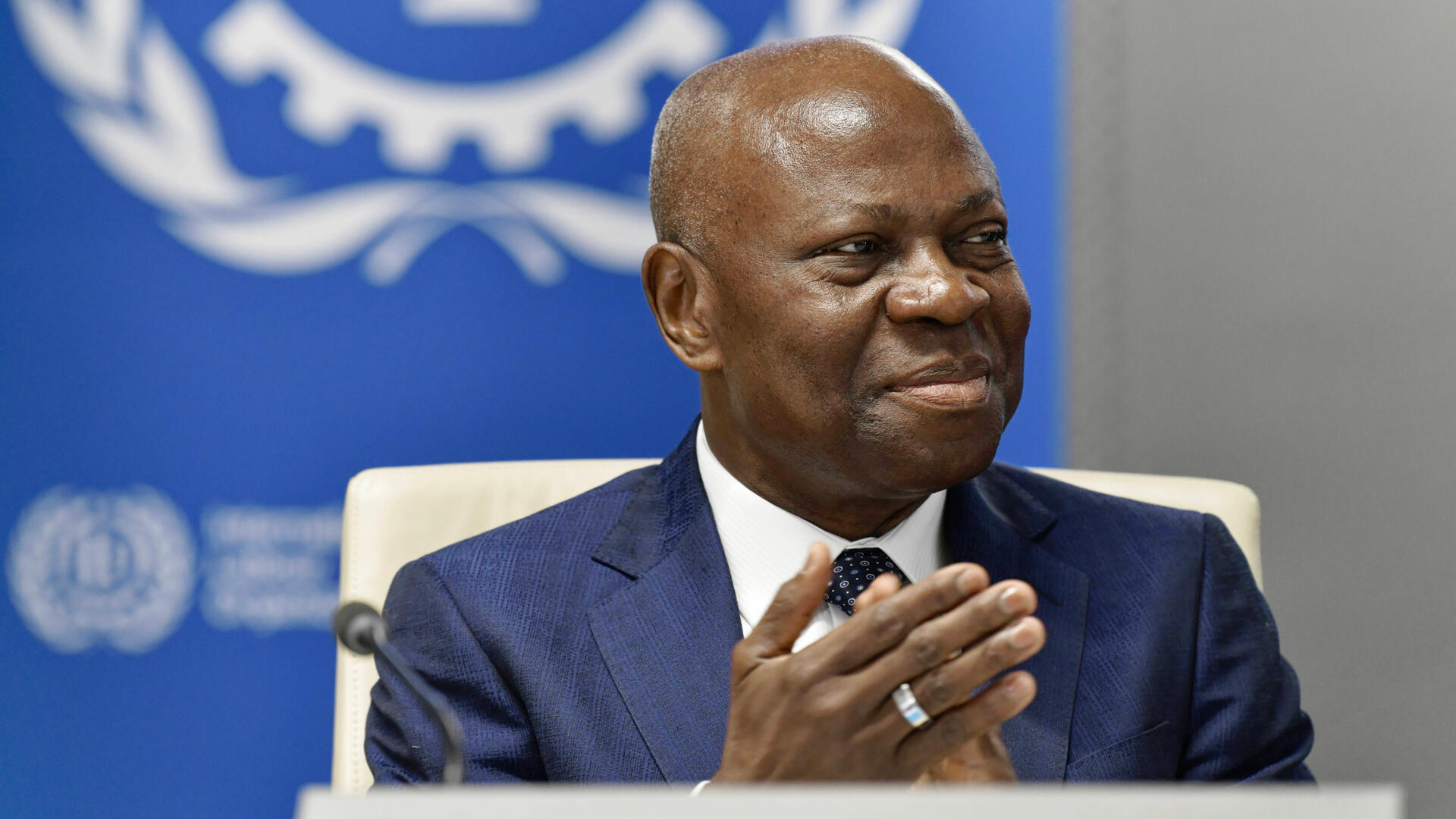
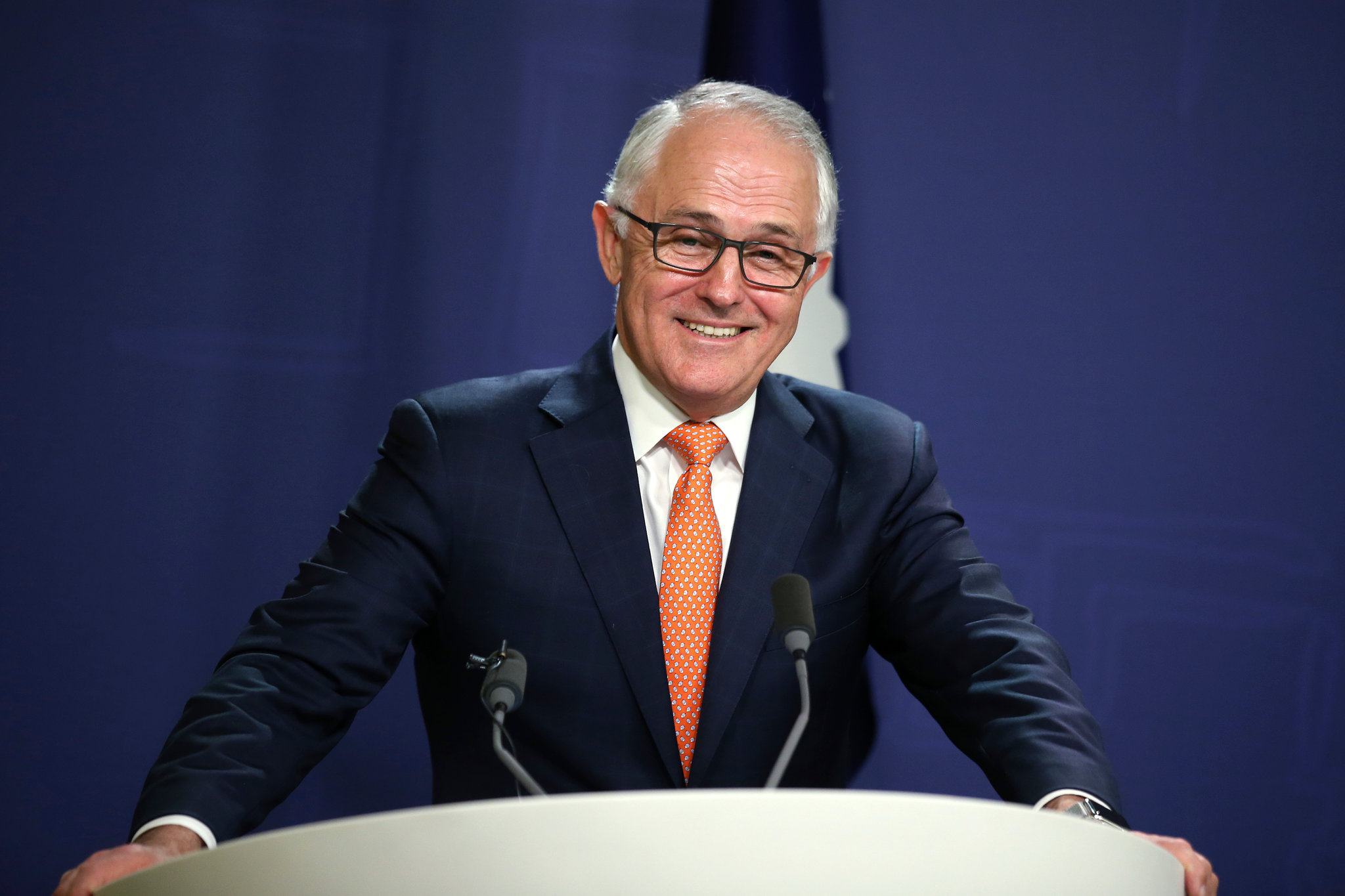
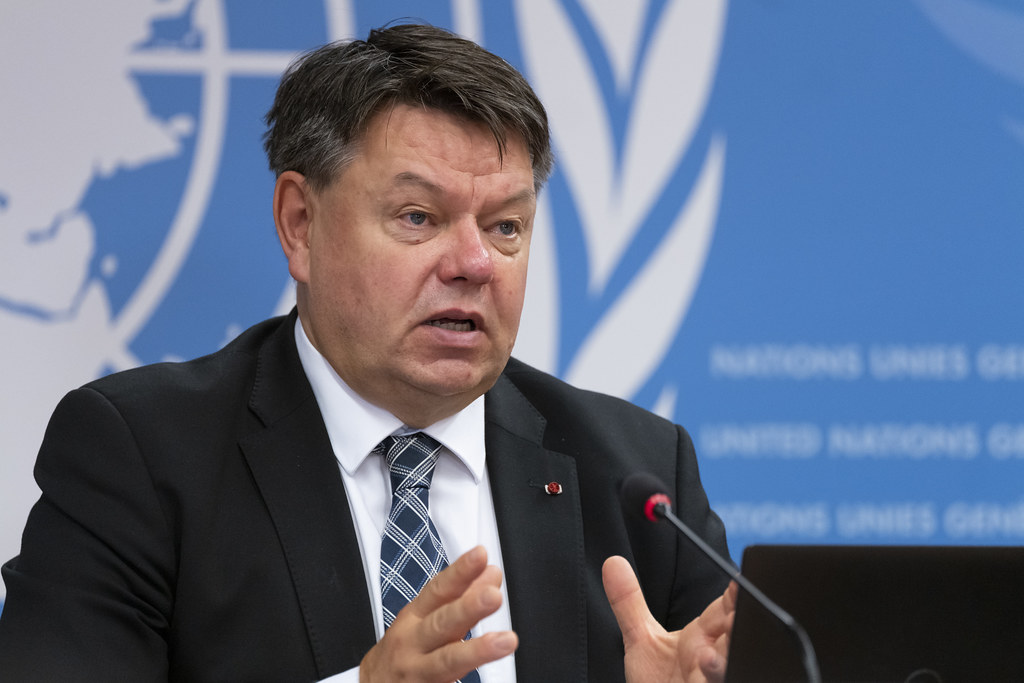
Do you want to keep up to date?

